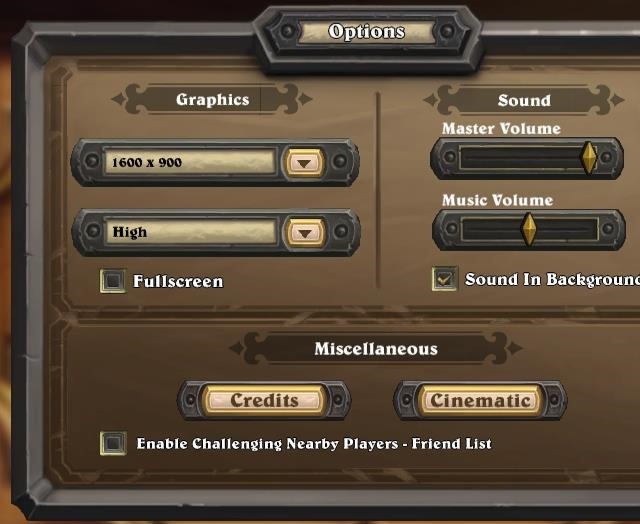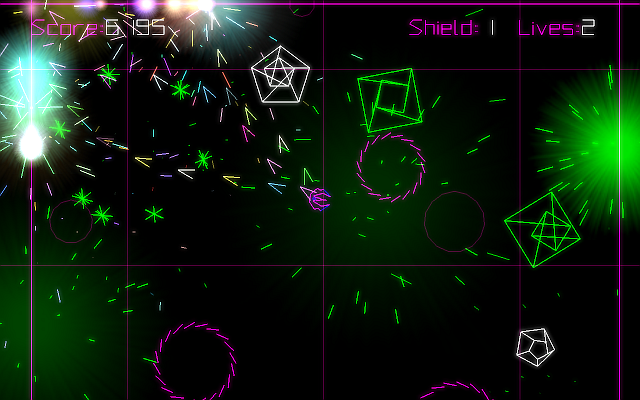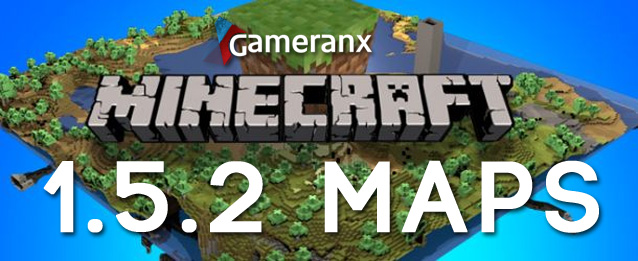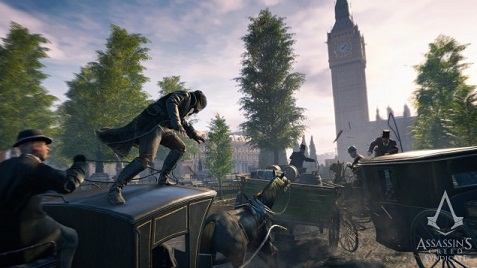

You're probably here to read about Portal, Valve's first-person puzzle game about opening rifts in space to cross uncrossable obstacle courses. It's designed around one simple but mind-expanding idea: you can shoot a hole in any wall, and then another one somewhere else, and if you walk into one you'll come out of the other. Fire them side by side and you'll walk straight back into the room you just left. Fire them on the floor and ceiling and you'll fall through the same room at terminal velocity forever.
The game grips you by the wrist and leads you briskly past the befuddling basics of these rifts, straight to the good stuff. Within a few short levels you're using orthogonal portals to translate your gravitational potential into lateral velocity and flinging yourself exhilaratingly over turrets and lethal slime. By nudging you gently through rooms that cleverly lead your eye to the correct - yet patently impossible - solution, it swiftly teaches you a dazzling roster of lunatic tricks.
Portal is a magnificent puzzle game. The titillating wrongness of every solution and the wonky thinking required to get there make you feel like a space-folding genius, and yet you'll almost never get stuck. Soon you've learnt so many weird ways of perverting the forces and spaces in any room that you can throw yourself through them, like a futuristic Prince of Persia with abilities more improbable and wondrous by far.
The solutions eventually become more gymnastic - opening new portals mid-fling and plummeting back through those you've previously opened with pinpoint precision. But by then you're ready, and performing deliciously counter-logical mental inversions at breakneck speed is something to be relished.




 6 New WhatsApp Features You Should Know About
6 New WhatsApp Features You Should Know About How to Fix PlayStation 4 Loading issues
How to Fix PlayStation 4 Loading issues Think Before You Sign - Not All Job Offers Are Good
Think Before You Sign - Not All Job Offers Are Good 20 Best Maps for Minecraft 1.5.2
20 Best Maps for Minecraft 1.5.2 Unlock Perks in Assassin’s Creed Syndicate
Unlock Perks in Assassin’s Creed Syndicate